Today’s show offers two feature interviews:
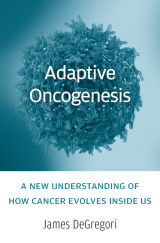 New Theory of How Cancer Evolves Inside Us (start time: 0:58): It is commonly known that cancer afflicts old people more than youth. Conventional wisdom has held we get cancer with age largely because we accumulate lots of genetic mutations over many years, and it’s the mutations that cause cancer. Our guest, Dr. James DeGregori, deputy director of the University of Colorado Cancer Center, discusses with host Susan Moran his new theory–one that challenges conventional wisdom–about why and how we get cancer. In his new book, called Adaptive Oncogenesis: A New Understanding of How Cancer Evolves Inside Us, DeGregori argues that cancer is as much a disease of evolution as it is of mutation. Mutated cells outcompete healthy ones in the ecosystem of the body’s tissues. Dr. DeGregori is a professor in the Department of Biochemistry and Molecular Genetics at the University of Colorado Anschutz Medical Campus.
New Theory of How Cancer Evolves Inside Us (start time: 0:58): It is commonly known that cancer afflicts old people more than youth. Conventional wisdom has held we get cancer with age largely because we accumulate lots of genetic mutations over many years, and it’s the mutations that cause cancer. Our guest, Dr. James DeGregori, deputy director of the University of Colorado Cancer Center, discusses with host Susan Moran his new theory–one that challenges conventional wisdom–about why and how we get cancer. In his new book, called Adaptive Oncogenesis: A New Understanding of How Cancer Evolves Inside Us, DeGregori argues that cancer is as much a disease of evolution as it is of mutation. Mutated cells outcompete healthy ones in the ecosystem of the body’s tissues. Dr. DeGregori is a professor in the Department of Biochemistry and Molecular Genetics at the University of Colorado Anschutz Medical Campus.
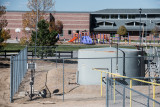
Studying Health Impacts of Oil&Gas Wells (start time: 12:54) Many people living all along the Front Range are familiar with the sights and smells of oil rigs operating in fields near their homes and schools. State regulators argue that this convergence of people and oil rigs is safe. But many nearby residents and scientists are concerned about the potential health impacts of these drilling operations so close to residential neighborhoods and schools. Our guest, Dr. Lisa McKenzie, is the lead author on a new study that adds some critical evidence to back concerns of residents. It found that for people living within 500 feet of a well, the risk of their getting cancer over the course of their lifetime is eight times higher than the upper acceptable levels established by the federal EPA. Dr. McKenzie is an assistant research professor at the Colorado School of Public Health at the University of Colorado Anshutz Campus. She discusses the study and its implications with hosts Daniel Glick and Susan Moran. (Here is our interview with Dr. McKenzie a year ago about a related study.)
Hosts: Daniel Glick, Susan Moran
Producer: Susan Moran
Engineer: Maeve Conran
Executive Producer: Joel Parker
Listen to the show here:
Podcast: Play in new window | Download (Duration: 28:10 — 25.8MB)
Subscribe: RSS

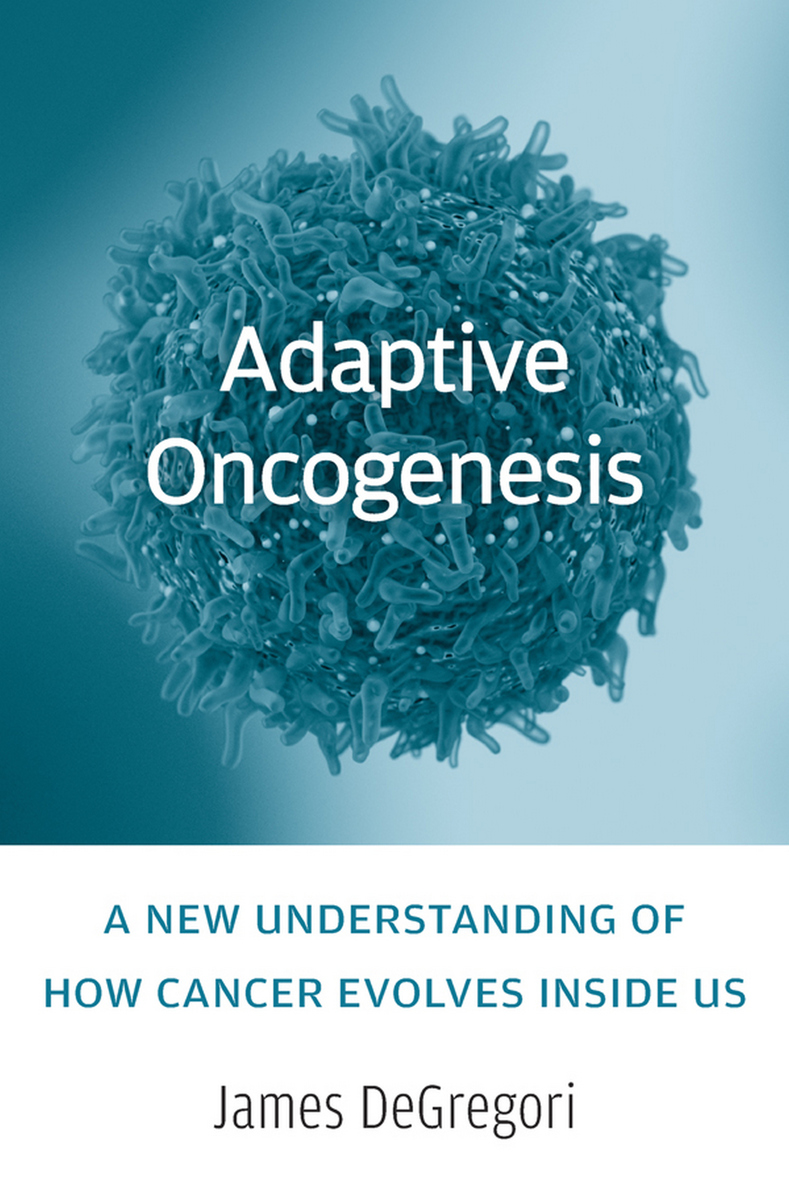




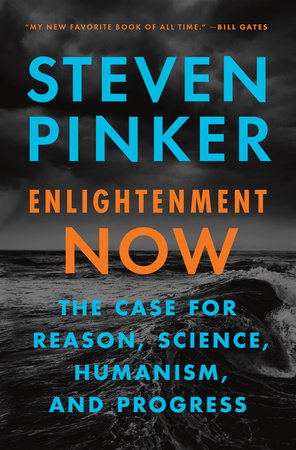
 You may be among many who wistfully harken back to the “golden days” of the past. For some people the past does look rosier, or perhaps the present looks grim, but, according to
You may be among many who wistfully harken back to the “golden days” of the past. For some people the past does look rosier, or perhaps the present looks grim, but, according to 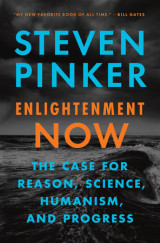 Today’s pledge-drive show features parts of our recent interview with Steven Pinker.
Today’s pledge-drive show features parts of our recent interview with Steven Pinker.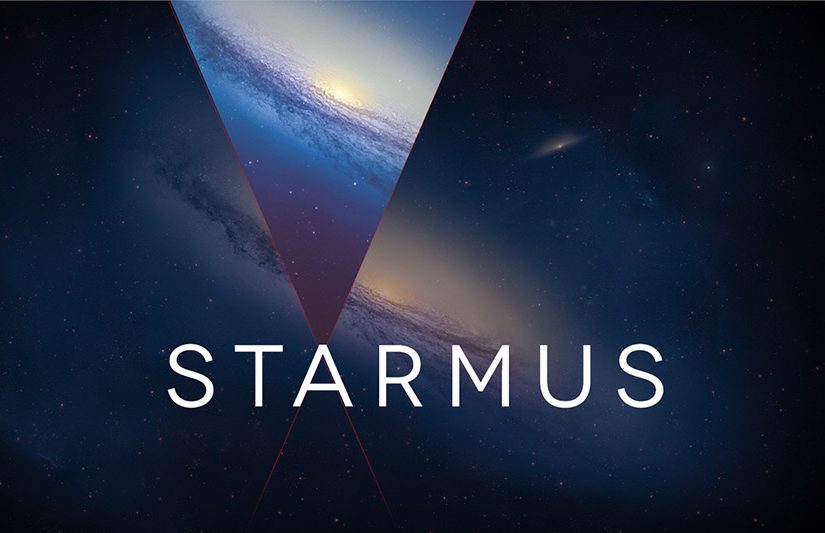
 Woodstock. Lallapalooza. Lilith Fair. Coachella. Burning Man. All famous music and art festivals. What about…science festivals? Perhaps a festival with all the “rock stars” of science and space exploration, and while you’re at it, throw in a few music rock stars as well? Well, that describes the
Woodstock. Lallapalooza. Lilith Fair. Coachella. Burning Man. All famous music and art festivals. What about…science festivals? Perhaps a festival with all the “rock stars” of science and space exploration, and while you’re at it, throw in a few music rock stars as well? Well, that describes the 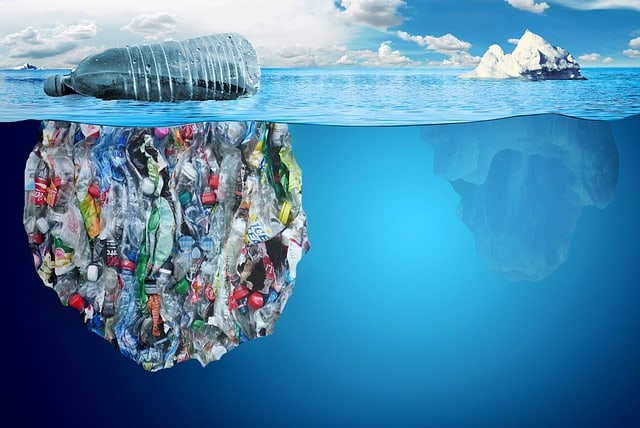

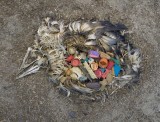
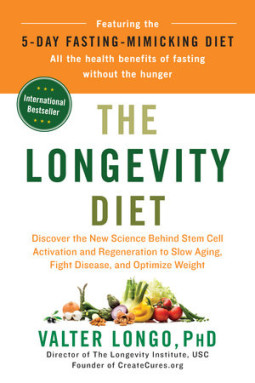
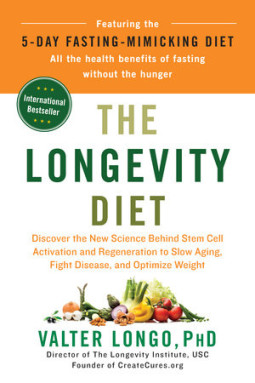
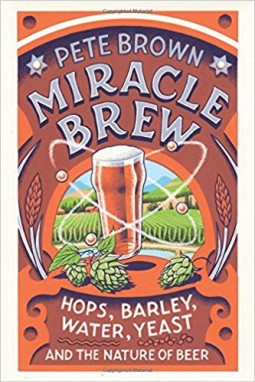
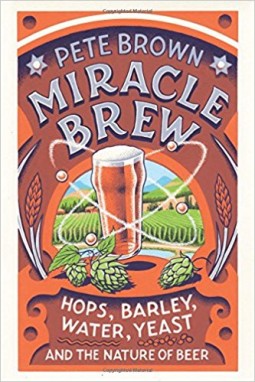

 For this end-of-the-year/start-of-the-year How on Earth show, we look back to 2017 with clips from some of our features from the past year: selections about tracking methane leaks,
For this end-of-the-year/start-of-the-year How on Earth show, we look back to 2017 with clips from some of our features from the past year: selections about tracking methane leaks, 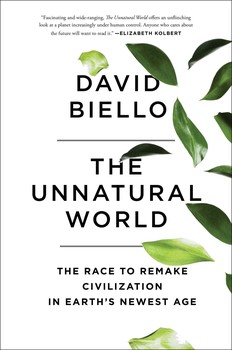
 The Unnatural World (start time: 6:58): It’s an audacious topic for a book: the planet, and audacious individuals who are working to save — actually, to remake — human civilization and our home on Earth.
The Unnatural World (start time: 6:58): It’s an audacious topic for a book: the planet, and audacious individuals who are working to save — actually, to remake — human civilization and our home on Earth.